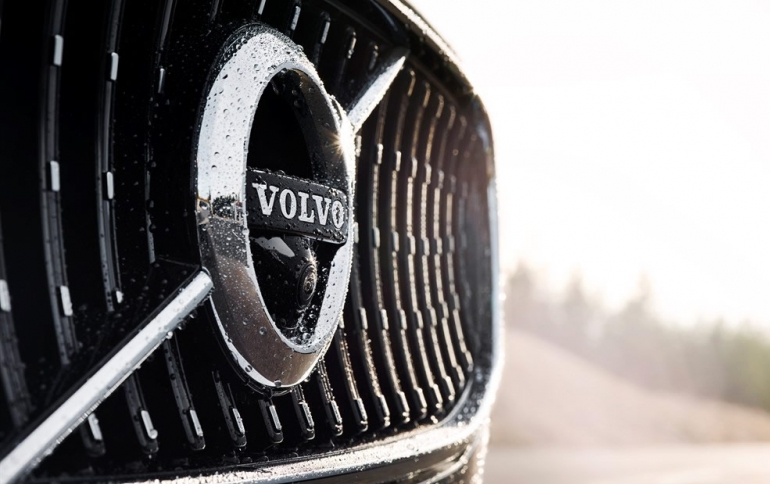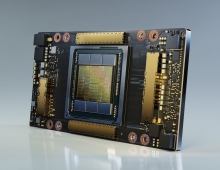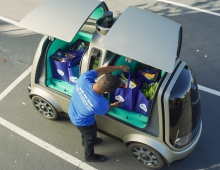
Volvo and Baidu to Develop Autonomous Cars
Volvo Cars has reached an agreement with Chinese internet search provider Baidu to jointly develop electric and fully autonomous drive-compatible cars with the aim of mass producing them for China.
The partnership will allow both companies to develop and sell these vehicles to potential Chinese customers.
Volvo Cars and Baidu will pool resources to take the next step and prepare for mass manufacturing of fully electric and autonomous cars, according to the agreement.
Baidu will contribute with its Apollo autonomous driving platform. Volvo will provide access to its expertise and technologies of the car industry. Volvo will use the Apollo software to develop a so-called Level 4 car. The top Level 5 designation is for vehicles that should be capable of navigating roads without any driver input in all conditions.
The Baidu deal has no supply agreement, but is being viewed as a first step into the China market, which industry forecasts suggest could become the single largest market for autonomous cars in the coming decades. Market research firm IHS Markit predicted earlier this year that around 14.5 million autonomous cars will be sold in China by 2040, on a total global volume of around 33 million.
Baidu last year opened Apollo to third parties and it has since brought on BMW as an adviser and announced plans to begin testing self-driving cars with Ford by the end of this year.
By the middle of the next decade Volvo Cars expects to generate one third of all annual sales from autonomous cars.
The race is on to be the first to introduce an autonomous product to the ride-hailing market, which already accounts for more than 30 percent of the global taxi market.





















